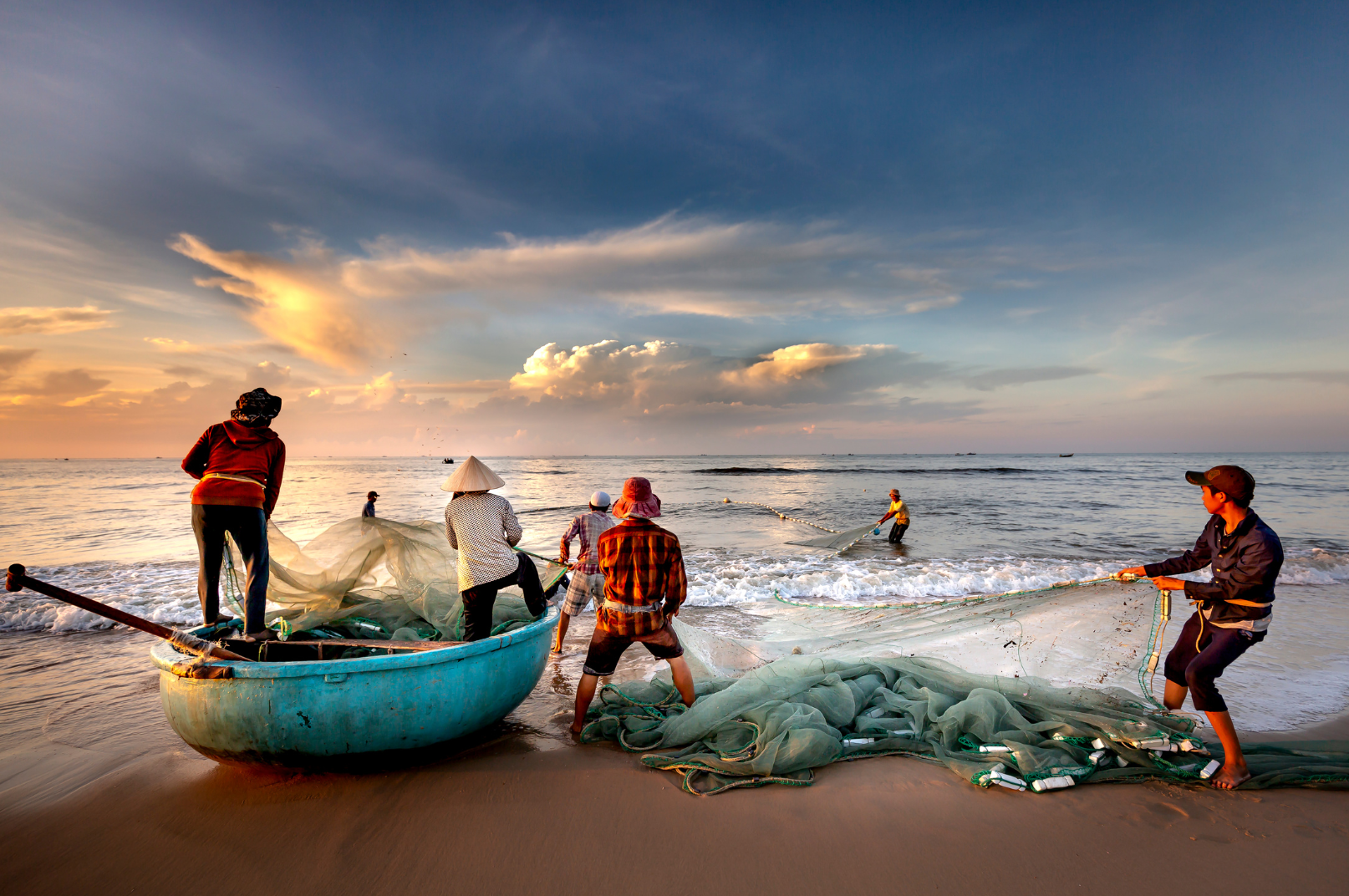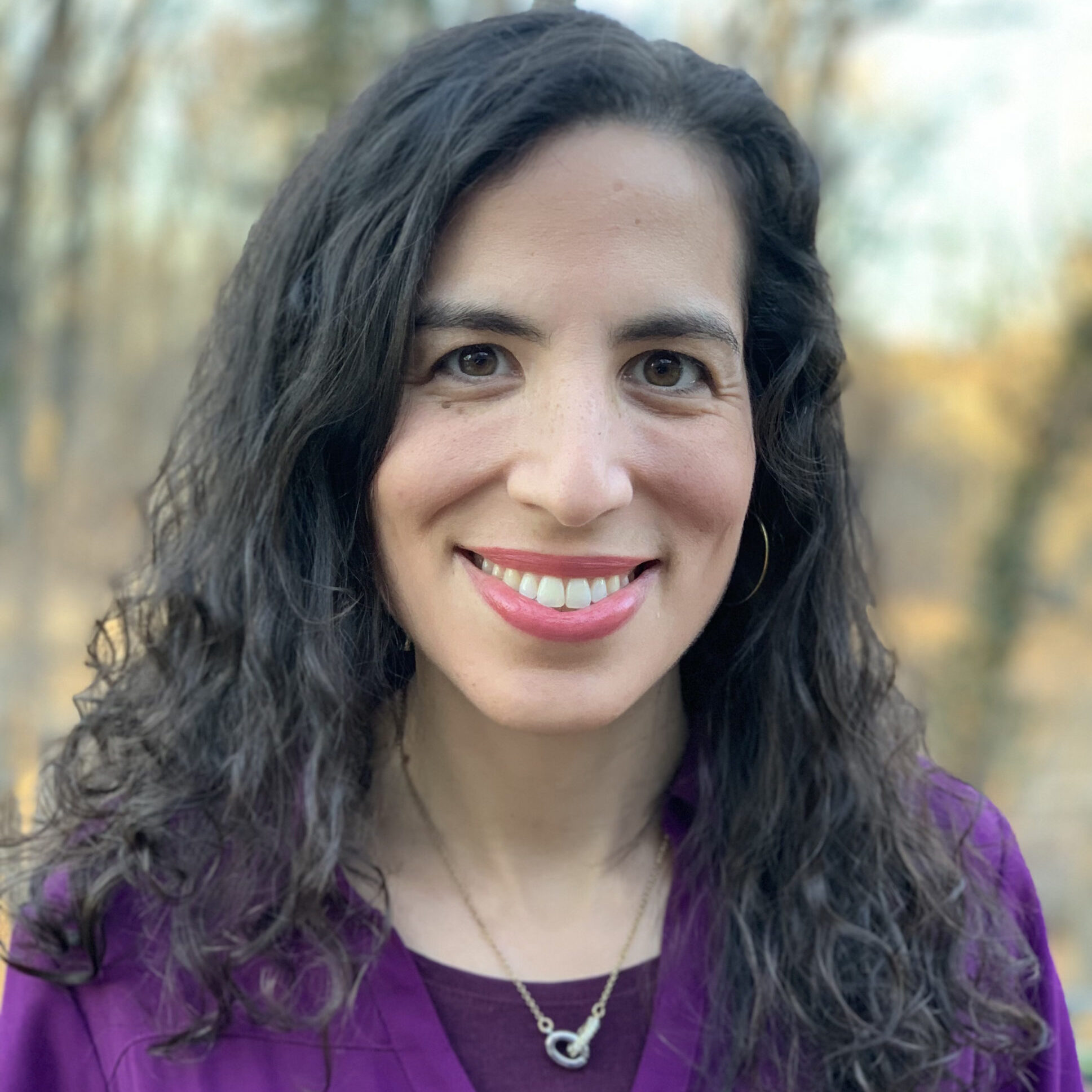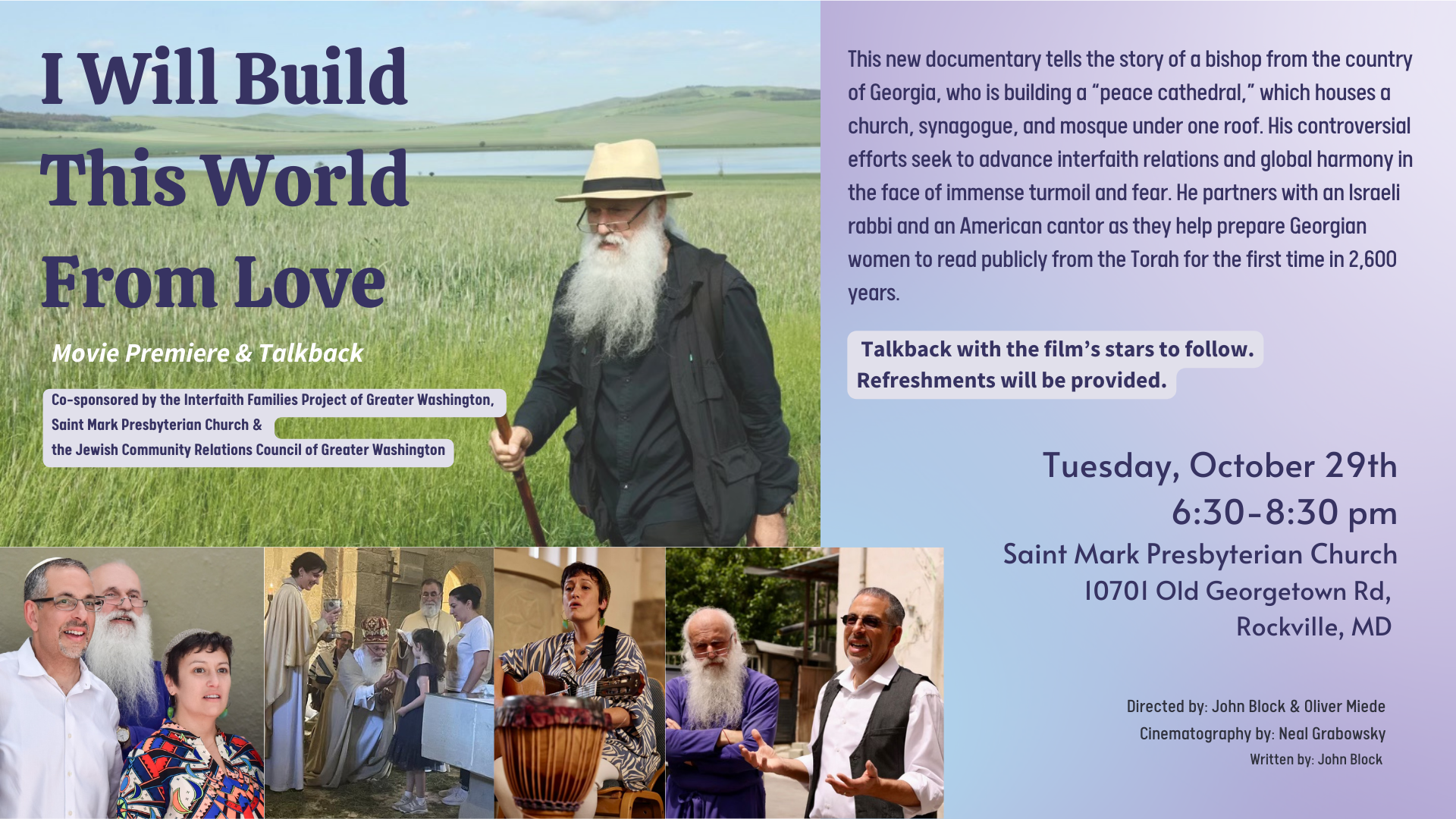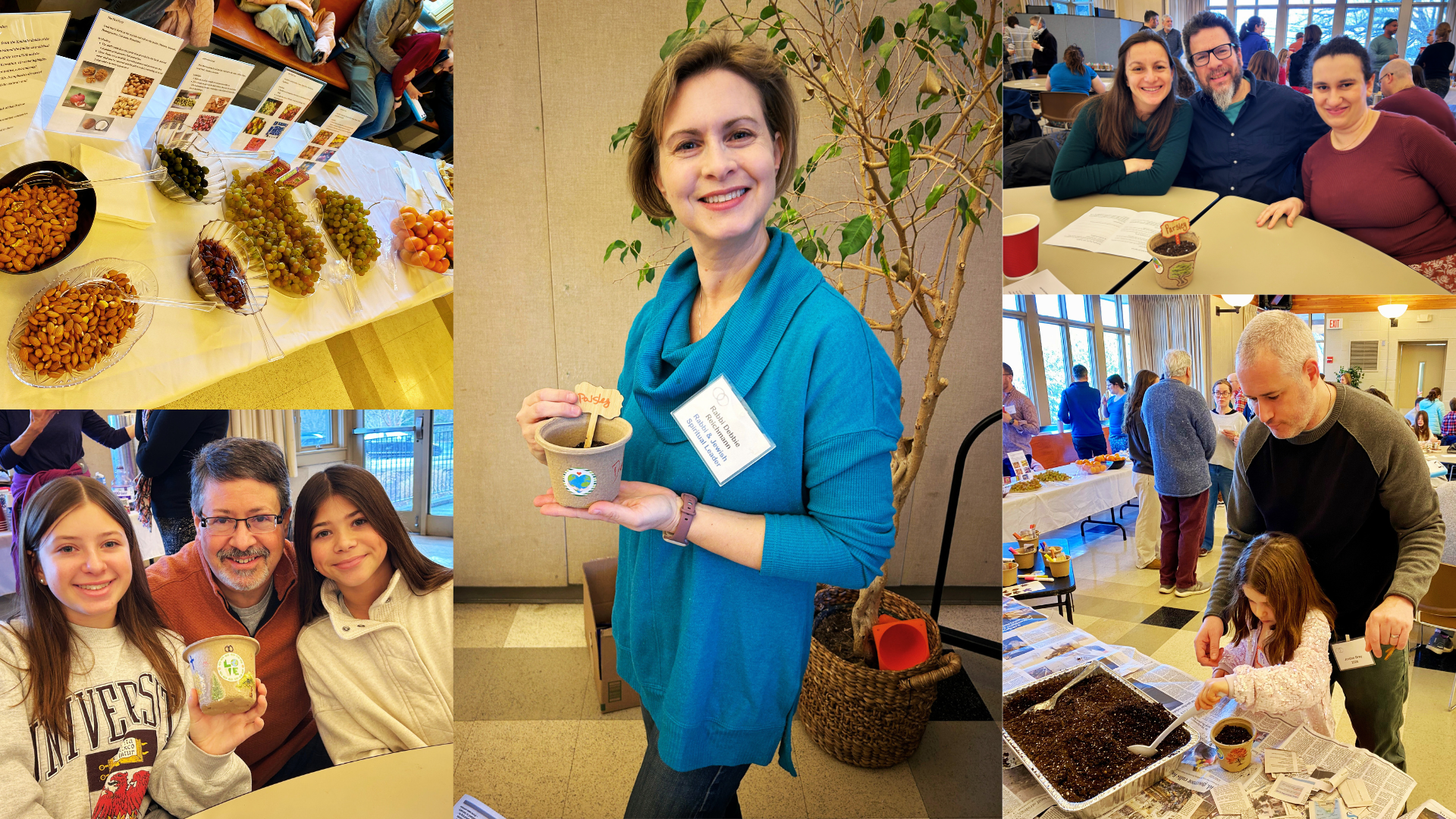Adapted from Rev. Samantha Gonzalez-Block’s sermon, delivered on Sunday, January 12th, at St. Mark Presbyterian Church (North Bethesda, Maryland)
It was an unlikely bond. They were two adversaries, both alike in dignity,
who had disagreed on much throughout the years and criticized each other publicly. And yet here they were – stuck on a plane together for hours – crossing the Atlantic.
Yes, it was on their way to a funeral in 1981 that two former presidents, from two different political parties, Jimmy Carter and Gerald Ford became dear friends. Many of you know the story.
Becoming friends meant forgiving one another for all of the harsh words they had said in the heat of battle, and instead choosing to see what they shared as fathers, husbands, people of faith, fellow Americans. They would become so close, that years later, President Ford – asked President Carter if he would give the eulogy at his funeral one day. Carter responded saying, yes, but only if you promise to do my eulogy too.
When Ford passed away in 2006, Carter kept his end of the agreement. And now, 19 years later, it turns out that President Ford kept his promise as well. If you tuned into President Carter’s funeral, you heard Gerald Ford’s son read the eulogy that his father had prepared.
He said this about his old friend: “Jimmy learned early on that it was not enough merely to bear witness in a pew on a Sunday morning. Inspired by his faith, he pursued brotherhood across boundaries of nationhood, across boundaries of tradition, across boundaries of caste, in America’s urban neighborhoods and in rural villages around the world. However far he traveled, he never forgot where he came home to or where now, in the end, he would finally come home to. Of the many things Jimmy and I had in common, the most important is this. We both married way above ourselves, way above.”
As Steven Ford shared his father’s sentiments, television cameras kept panning to the current and former presidents still living – sitting side by side in the pews at the funeral. This image of unity – however planned – was hopeful and dare I say, important.
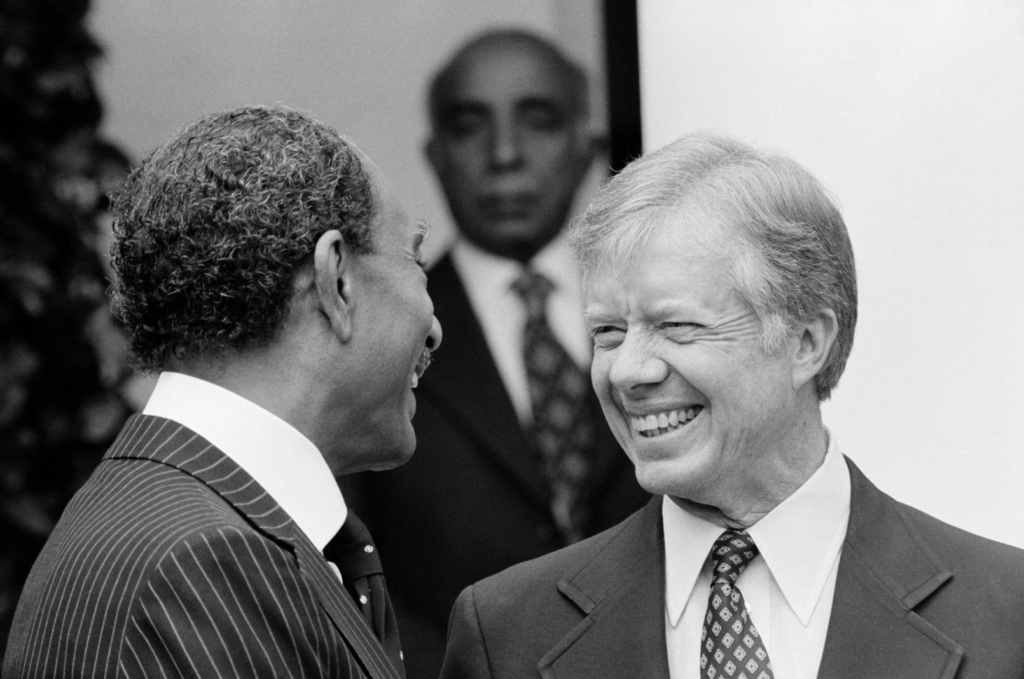
Perhaps there is life after death. What I mean is, perhaps there is always the promise of fresh starts and connections – seemingly impossible, possible miracles and opportunities at every turn, if only we pay close attention and dare to open ourselves wide.
Don’t take my word for it. The Bible tells us so.
The feeding of the five thousand is one of those essential texts of the Christian canon. How do we know?
There are four gospels in the New Testament (Matthew, Mark, Luke John).
Each one tells the story of Jesus’ life, slightly differently, with some parts added and omitted. But this story – about the loaves and fishes – is in all four gospels. What does that tell us? To pay attention. This story matters.
Now I know this story is familiar to many of us here. But this week when I read it – I found myself seeing it with fresh eyes. And I could feel it speaking into our interfaith, bridge-building context today.
Before this week, I never paid much attention to when this story occurs. Before this miracle of feeding 5 thousand people, Jesus has received terrible news that his cousin, John the Baptist has been killed.
John is a giant in his own right: he the same age as Jesus, he has a wild personality, he is the one who cries out in the wilderness “prepare the way of the Lord,” the one who baptizes Jesus, and I imagine – as a big cousin – the one who gets him into a whole lot of ‘good trouble.”
John has died in this horrible way and Jesus is in such pain that he goes to retreat alone.
But when the crowds of people hear this news, they come to find him. They sit beside him and around him. And it is from this space of immense grief that Jesus commits some of the most important acts of generosity and love.
Instead of remaining inward, he channels that grief outward – for good.
He heals people, connects with people, feeds people.
This is a miracle story. For some of us here, miracles are sacred and true.
For others, this might be just too much to believe. I mean, I know there are some magnificent cooks in the room, and I have personally seen some of you make food stretch, but this is really a lot, right? Right? Right…. Who knows?
The truth is whether this story is a miracle or metaphor does not make it any less holy or poignant. There is still much to soak in:
From scarcity comes abundance.
From solitude comes connection.
From far too little comes more than enough.
From grief comes hope beyond our wildest imaginations.
We need stories like this. Stories that tell us to pay attention:
Don’t drown in grief and despair.
Don’t hoard and go inward.
Don’t give up on each other.
Don’t be too certain about what is or is not possible.
Instead, be foolish and faithful enough to be a part of that healing, that imagining, that inviting, that radical miraculous sharing. For when we do this, we and those around us, get filled and fed for the journey.
This week, we have seen glimmers of this life after death in California.
With the fires out of control and so many people losing everything,
there have been such moving stories of neighbors rescuing one another,
housing one another, bringing precious Torah scrolls to safety,
offering their houses of worship to interfaith partners who no longer have a place to gather.
Rev. Carrie Grindon of a church called Saint Mark in Los Angeles
watched as her church building, and the one directly across the street from it, burned down.
Afterward, she wrote this message on Facebook: “We will need one another in the days ahead as we face these devastating losses. Please know I am here for you, and I know our community will hold together, and love and support one another through whatever lies ahead.”
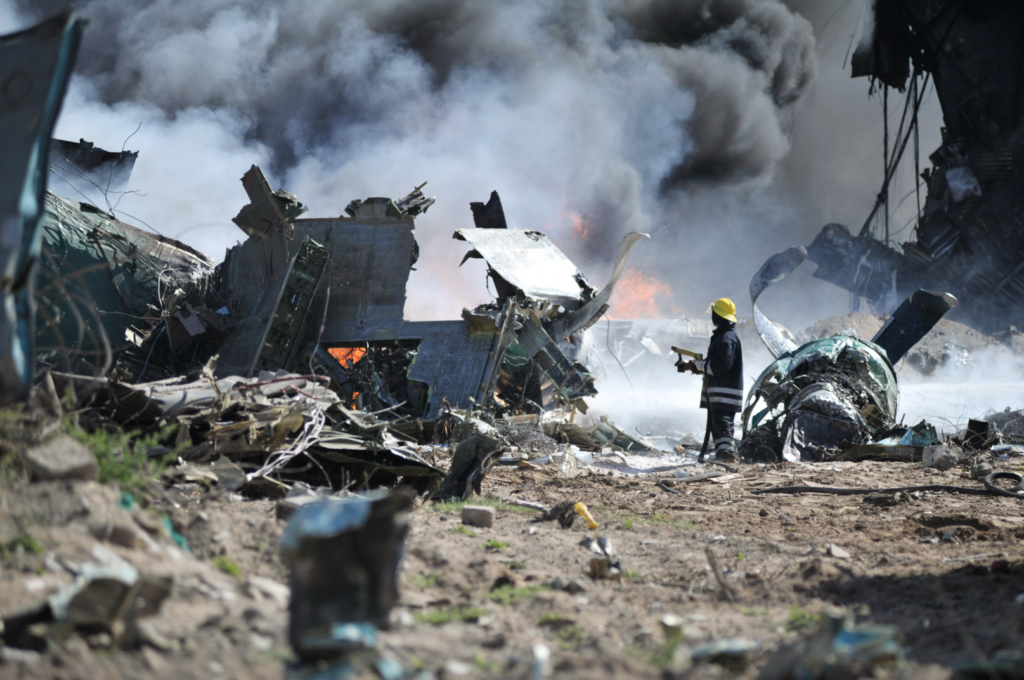
I have also seen abundant living in the face of challenge here too.
Each of us is facing our own set of concerns these days.
From questions about job security to the losses of relationships
and loved ones dear, from mental health hurdles to undiagnosed health challenges, from concerns for little ones to managing care for elderly parents,
there are so many stories in this room. And yet here you are. Here we are.
You are here teaching and connecting, organizing service projects and meal trains, participating in board meetings and community activism, inviting each other for Friday night meals and coffees to catch up. Here, we remind each other that we need one another.
This year, I wonder how we might continue to dive deeper together – expand wider – dream bigger – share more generously – live abundantly.
Let’s not hold back from one another, or from God’s voice calling us out:
Let’s not wait to be asked, let’s sign ourselves up.
Let’s not rush out the door, let’s linger and mingle for a while.
Let’s not only name problems we see, let’s be a part of solving them.
Let’s not keep our gifts and talents for ourselves, but let’s share all who we are and have – with joy.
Let’s use the gift of a community that celebrates love across differences to help us live with eyes and arms open: to grab hold of those fresh connections and hopeful opportunities, and any chance we have to make the impossible possible.
Jesus could have remained in solitude.
Carter and Ford could have stayed silent on that plane.
The houses of worship untouched by fire could have kept their doors closed.
But they didn’t. And look what unfolded from there.
Pay attention, my friends. There are pearls of abundance at every turn. So, let’s reach out – and be filled.
